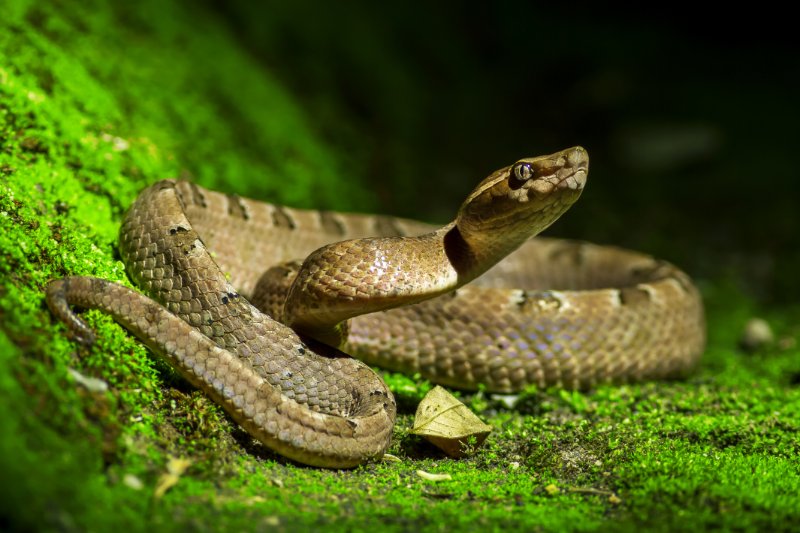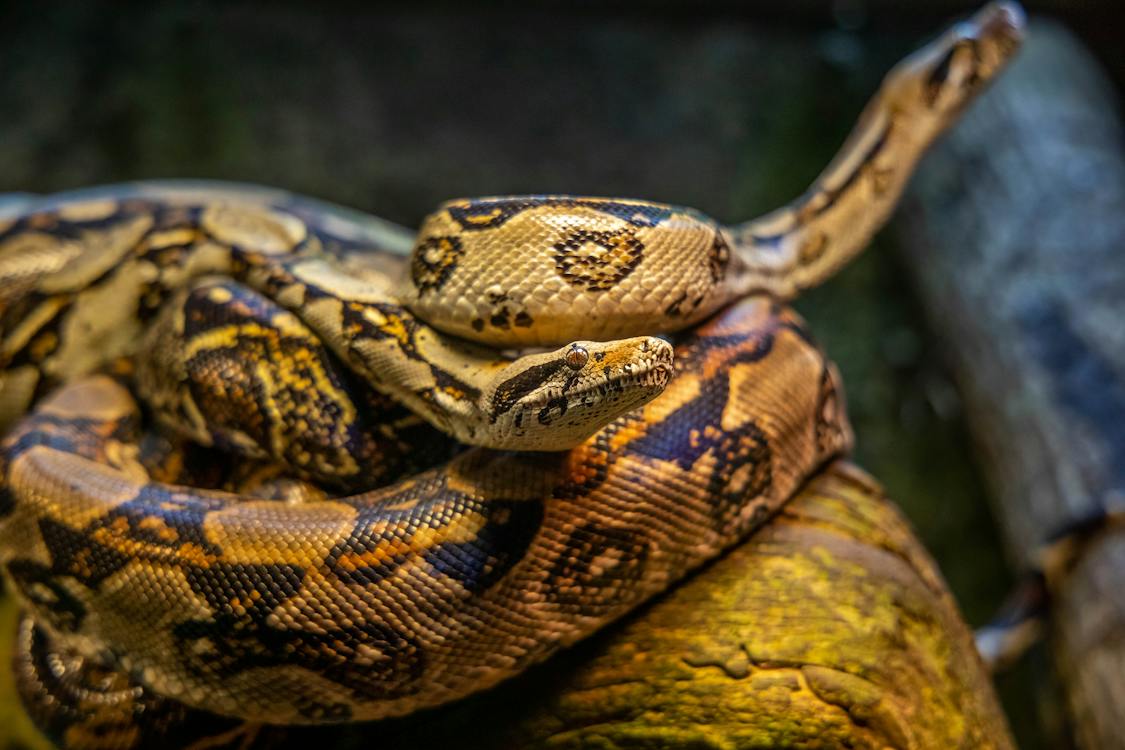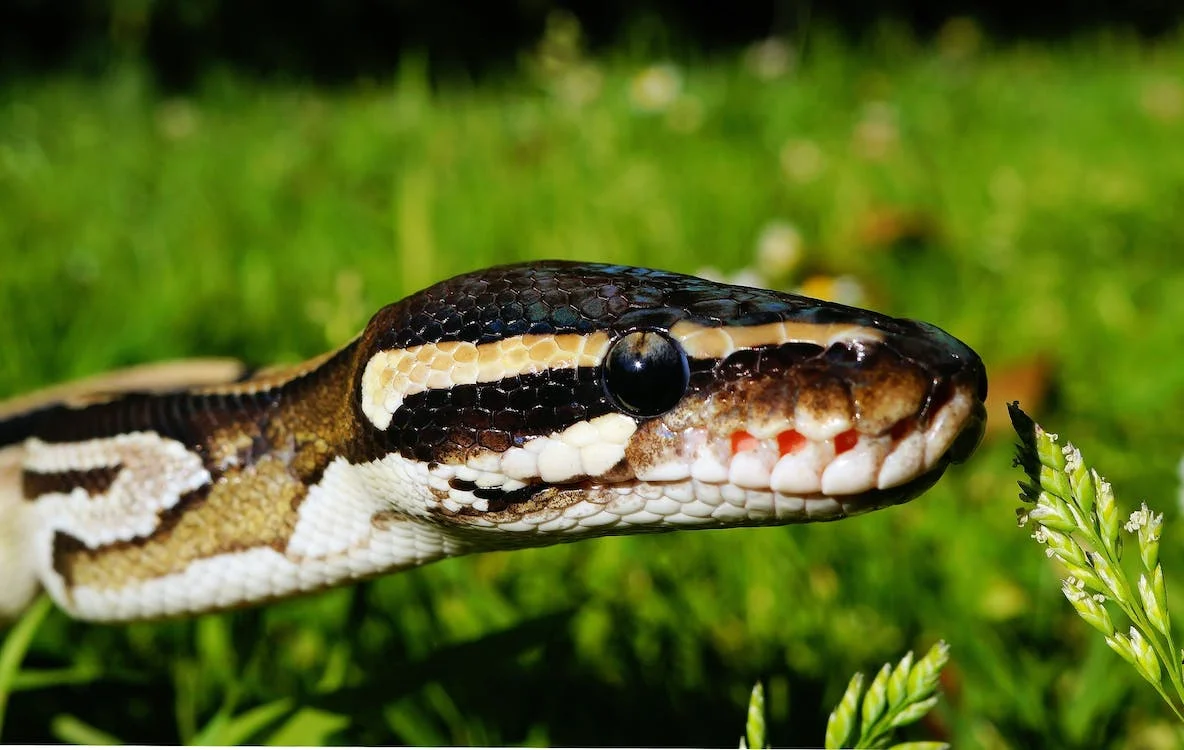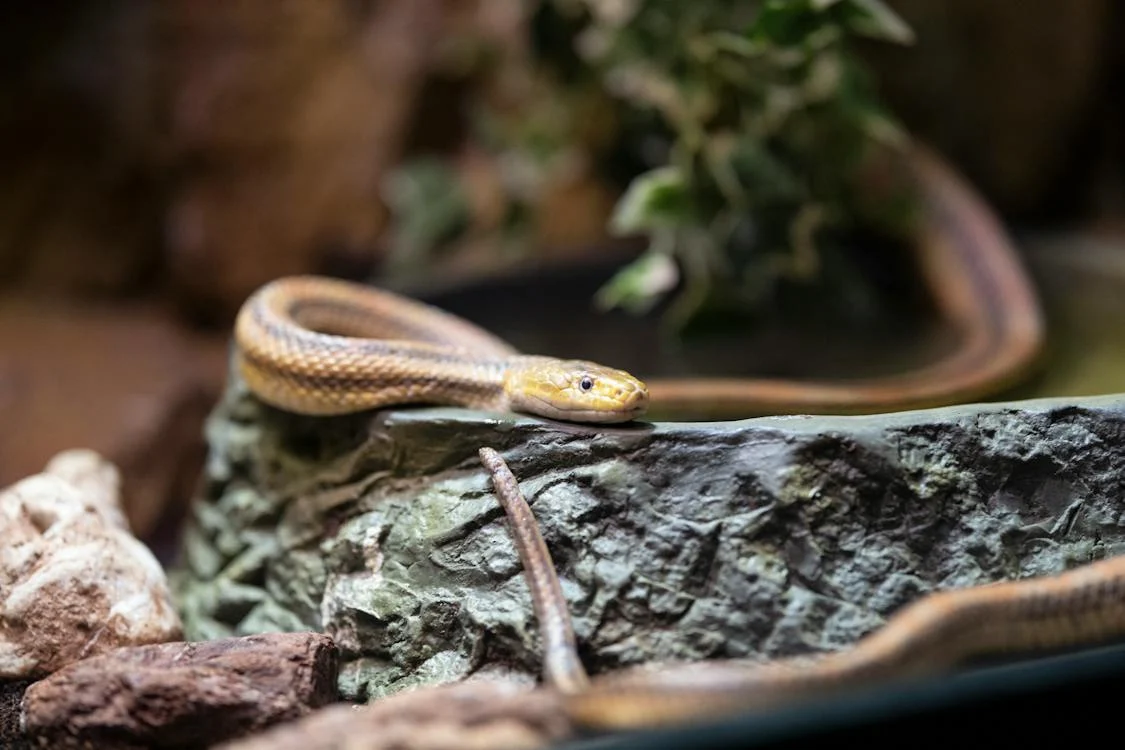Welcome, nature enthusiasts! Today, we delve into a topic that is a bit on the wild side – “How To Get Rid Of Snakes”.
Re-evaluating Our Sly Friends

Snakes, believe it or not, offer great benefits to our ecosystem, including natural pest control. However, we understand that their presence isn’t always appreciated, especially when they invade our personal space. Let’s explore efficient ways to discourage these slithering guests while maintaining a balanced environment.
Making Your Space Less Attractive to Snakes

It is of high importance to remember that snakes, like all creatures, are attracted to certain conditions for survival. They fancy hideouts that offer protection and a constant supply of food. To nudge them elsewhere, we must alter their desirable conditions.
Key Areas to Inspect
- Woodpiles
- Unattended rubbish piles
- Pet food or bird seed left outside
- Water sources at ground level
- Thick, tall grass and gardens
By managing these areas, you discourage these reptiles from seeing your yard as an inviting habitat.
Friendly Animal Control Options

If you happen upon a venomous snake, remember safety first. Keep children and pets at a safe distance, and enlist professional help through local Animal Control, the County Extension Office, or even local law enforcement. They will help in safely removing the unpleasant guest.
Do-It-Yourself Strategies

Not all of us have Indiana Jones’ courage when it comes to snakes. However, there are a few home-tweaked strategies you can use to deter these creatures.
Home Remedy Power Hitters
- Cats: They naturally control small snake populations.
- Gravel: Snakes dislike crawling over it, as the rough surface irritates their sensitive belly scales.
- Mothballs: These contain naphthalene, a strong smell snakes detest.
- Sulfur powder: Known to repel snakes when sprinkled around your property.
Each property and situation are unique; trial and error will help you discover what works best for you. However, remember that creating an eco-friendly yard is the best approach not just for “how to get rid of snakes,” but for maintaining overall biodiversity.
Additional Reading
If you’re looking to learn more about our slithering friends, check out these related resources: